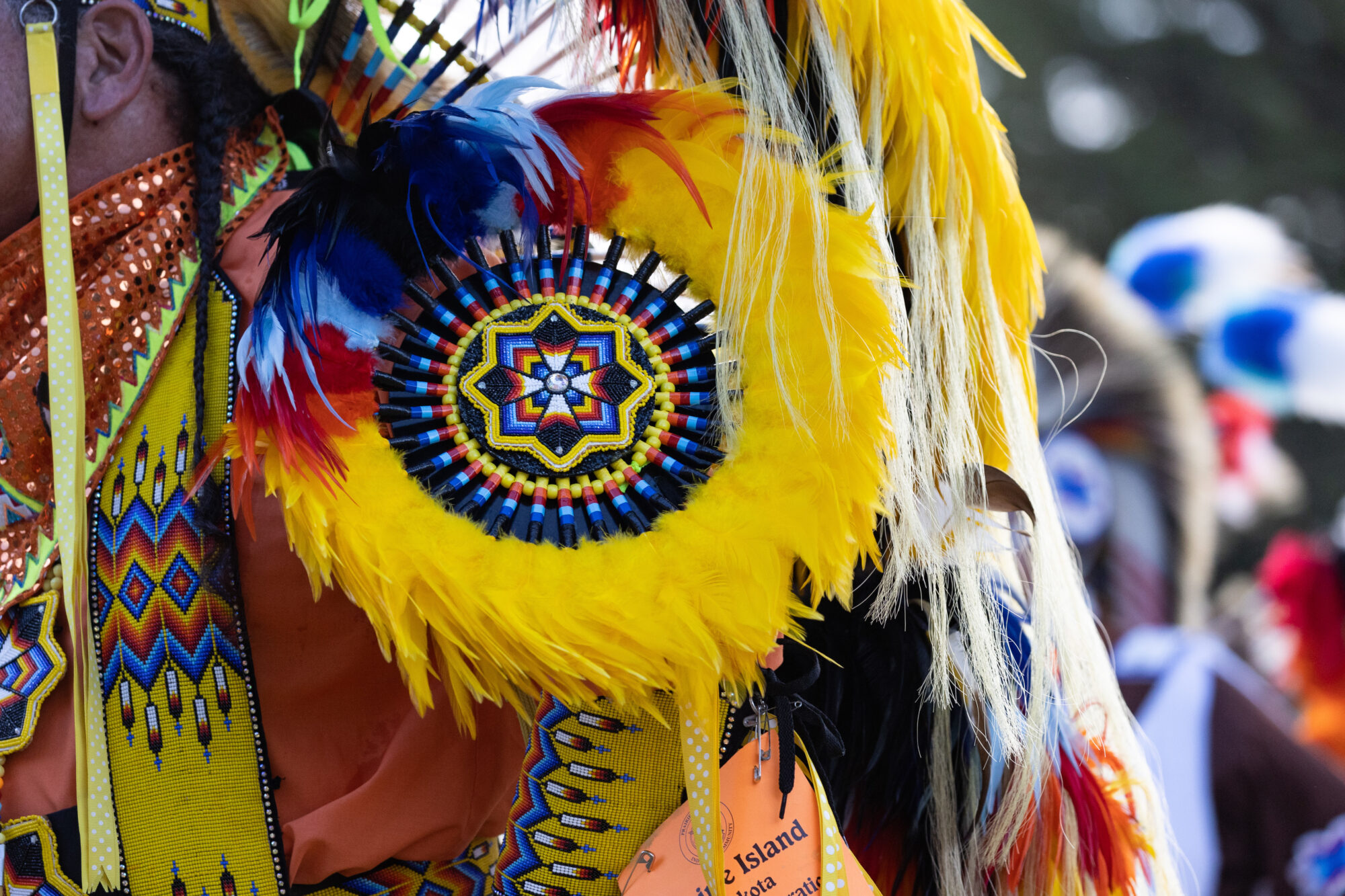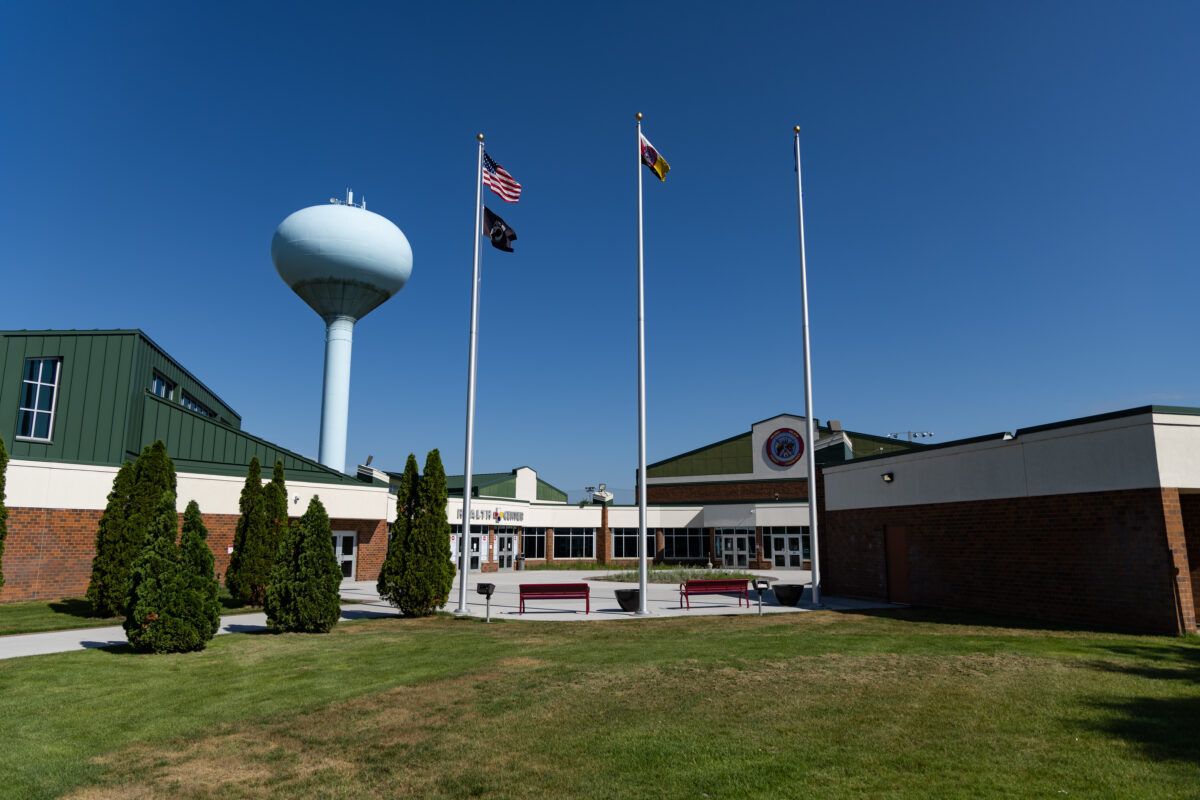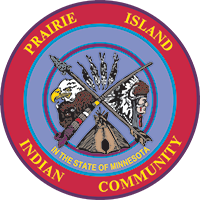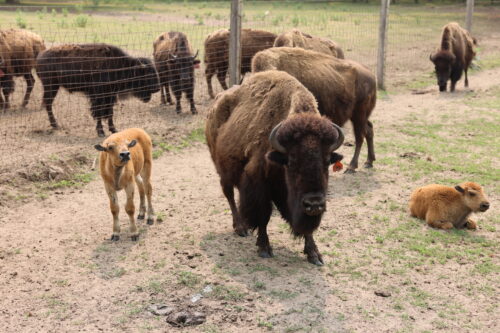We are a strong, proud Tribal nation

A Nation of Tribes
Tribes have always governed themselves. Long before European settlers came to what is now the United States, tens of millions Indigenous people called these lands home. They had their own governments, protected their lands, and provided for their people.
While the sovereignty of these tribal nations was threatened as Europeans took their land and committed genocide against them, that inherent right of self-governance was never lost.
It is a fundamental right recognized and protected by the United States Constitution, on equal footing with foreign nations and states:
—Article 1, Section 8, U.S. ConstitutionThe Congress shall have the power to…regulate commerce with foreign nations, and among the several states, and with the Indian tribes.
Indian Tribes
Today, there are 574 federally recognized tribes in the United States. Those tribes are located on 334 reservations spread across 35 states. That’s 574 unique tribal nations, that enjoy a government-to-government relationship with the United States and the states where those tribes are located.
Prairie Island Indian Community
The Prairie Island Indian Community is a federally recognized Indian tribe. The Tribe received recognition following the formal adoption of its Constitution and By-Laws on June 20, 1936, under the Indian Reorganization Act. The Tribe’s reservation was created in the late 1880s, when the U.S. Secretary of the Interior purchased and placed into federal trust approximately 120 acres of land for the landless Bdewakantunwan families residing in Minnesota.
Unique Relationship
The unique relationship between tribes and the federal government is governed by the Constitution and numerous treaties that exist between the U.S. and tribal governments. Those treaties form the federal government’s ongoing trust responsibility to tribal nations.
Federal Indian trust responsibility is a legal obligation of the United States to protect tribal interests, including self-governance, lands, treaty rights and other resources. The doctrine of federal trust has been upheld by the U.S. Supreme Court in decisions dating back to the 1800s.
Unique Nations
Tribal nations and Indigenous people cannot be painted with the same broad brush; each nation is unique, with different cultures and traditions. Where and how people lived helped to shape and define those distinctive characteristics.
The National Congress of American Indians (NCAI), which represents the Indigenous people of what is now the United States, defines Native Americans as “All Native people of the United States and its trust territories (i.e., American Indians, Alaska Natives, Native Hawaiians, Chamorros, and American Samoans), as well as persons from Canadian First Nations and Indigenous communities in Mexico and Central and South America who are U.S. residents.
NCAI further differentiates American Indians as “those persons belonging to the tribal nations of the continental United States,” and Alaska Natives as those from “the tribal nations and villages of Alaska."

Self Governance; Self Sufficiency
The ability to govern ourselves and provide services to our members is an inherent right and responsibility we take seriously. We are proud that not only can we meet the needs of our members, we also are creating a positive impact for our neighbors.
We are the largest employer in Goodhue County, with more than 1,500 employees. Our enterprises, which include the second largest hotel property in Minnesota, help to generate more than $18 million in state and federal taxes. And we are an economic engine for the region, spending nearly $60 million with Minnesota businesses and donating more than $25 million to non-profit and community organizations over the past 20 years.
Revenue from our enterprises, funds our government and allows us to provide basic services to our members, including health care, education, and community infrastructure. It also provides the necessary resources to protect our future, by ensuring that our voices are heard as we fight back against the injustices that continue against our Tribe.
Our obligation as a sovereign government to protect the welfare of our members doesn’t end with the current generation. We are focused on providing for and protecting the next seven generations.

A New Buffalo
In the days before Europeans settlers, tribal nations relied on the buffalo for many of their needs, including food and shelter for their people. When the buffalo were systematically slaughtered, as a way of controlling the indigenous people, tribes lost a crucial piece of their self-sufficiency. Without a reliable food source, tribal nations, including the Dakota Oyate, were forced to become reliant on the federal government for their very survival.
But the Dakota and other tribes were resilient and persevered – never giving up on their sovereignty or responsibility to their people.
In the 1980s a new buffalo became available for tribal nations and, with it, the hope to become self-sufficient once again and provide for the needs of their people. Tribal gaming has transformed not just the Prairie Island Indian Community but all of Indian Country; it is our new buffalo, providing us with the economic means to be a self-sufficient government, educate our members and fight back against the injustices that continue against our Tribe.




